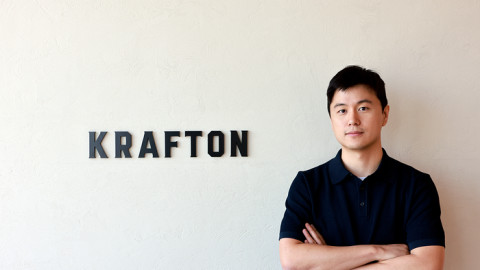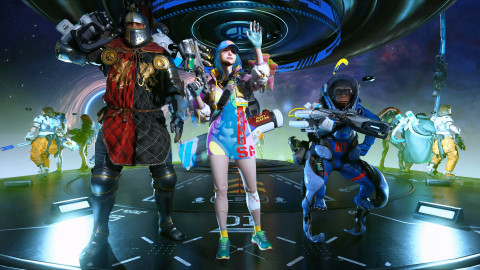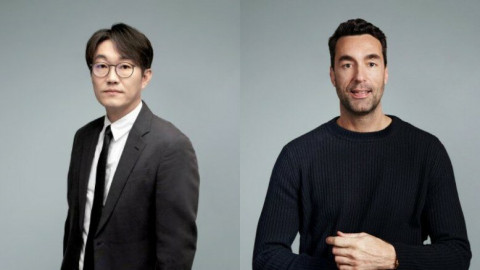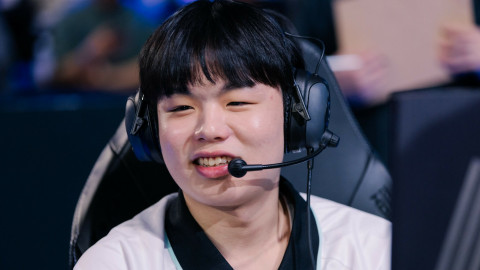
Recently, there's been much uproar from the community with regards the Kanavi Incident, and a new controversy looms around the corner, as Seo 'Kanavi' Jin-hyeok's agency's relationship with Griffin has come into spotlight.
According to an article from Kukmin Ilbo from the 18th (KST), despite being contracted to an agency, it was found that League of Legends pro gamer Seo ‘Kanavi’ Jin-hyeok, was not provided legal aid, and the criticism on unjust practice of contracts in esports continues to grow. Kanavi is considered a minor under Korean law, and is suspected to be forcefully signed to a Chinese esports organization, JDG. With regards to this issue, the LCK Operation Committee released an interim investigation report last month (October), and looks to release their final report in the coming days. This issue raised voices of concern from the community, which in unison, urges to investigate all the pro players that’s been signed under unfair conditions.
The Kanavi Incident first came to light when the former Head Coach for Griffin, Kim ‘cvMax’ Dae-ho exposed this issue on his personal stream on the 16th (KST). Kim revealed that during Kanavi’s transfer process from Griffin to JDG, Griffin has forced Kanavi to sign a long-term contract, because of the large transfer fee which roughly cost $700,000 USD. Kim also claimed that the former director of Griffin, Cho Gyu-nam, threatened Kanavi for player tampering. Player tampering is when a team contacts a player that’s contracted to another team to offer a job with their team. If a player fails to report a tampering to his contracted team, he also faces penalties by Riot Games.
Just after a day that the incident came to light, the LCK Operation Committee started their investigation, and on Oct. 29th, they’ve released an interim report, which revealed that Kanavi and JDG did not violate the player tampering rules. In the process, it has been revealed that Griffin first loaned Kanavi to JDG under an unfair contract, and attempted to fully transfer Kanavi under an unreasonable long-term contract.
Experts in the industry criticize the esports agency, ‘Kea & Partners’ for not stepping in the transfer process to protect Kanavi. ‘Veat law firm’, which is basically the same company as Kea & Partners, was involved in preparing the transfer agreement, which meant that Kea & Partners knew about the situation. However, they did keep Kanavi up to date on how the transfer process was going, nor did they offer legal counseling. WIth no involvement from Kea & Partners, Griffin underwent contract negotiations with Kanavi, and suspicion on former director Cho making threats and forcing Kanavi to sign a contract with unfair conditions to the player has grown. However, Cho claims that he never threatened Kanavi.
Kea & Partners is under suspicion for representing both Griffin and Kanavi, which has potential legal complications. Some claim that the agency was more favorable towards Griffin, thus proving to be an even more difficult situation for Kanavi. One industry insider criticized, “An agency is supposed to strictly represent the player and the player alone, but Kea & Partners acted strictly on the team’s behalf.”
Kea & Partners responded, “It’s true that Veat law firm reviewed documents on Kanavi’s loan and the transfer agreement. However, unless the player requests legal aid, the agency cannot act preemptively, and Kanavi did not reach out for help. Kea & Partners' primary objective is to offer practical and legal help to players with our vast experience in the esports industry. The priority on our work is always based on the players’ intent.”
However, an esports agency insider commented, “Kanavi didn’t know about the communication between JDG and Griffin. He even lacked information on players’ rights, so there definitely was information asymmetry between the team and the player.” The insider further commented, “Despite the market being huge, the players’ rights aren’t properly being protected, so there needs to be improvements made in the industry.”
Congressman Ha Tae-kyung criticized, “Despite Kanavi being a minor, Griffin did not contact an agent and discussed contractual details directly. Kanavi was pretty much dragged around in a scripted scenario, and in order to prevent such a backward contract system to settle in place, the government needs to step in for a proper investigation and countermeasures.”
-

Striving for perfection to achieve excellence in esports
Sort by:
Comments :0





